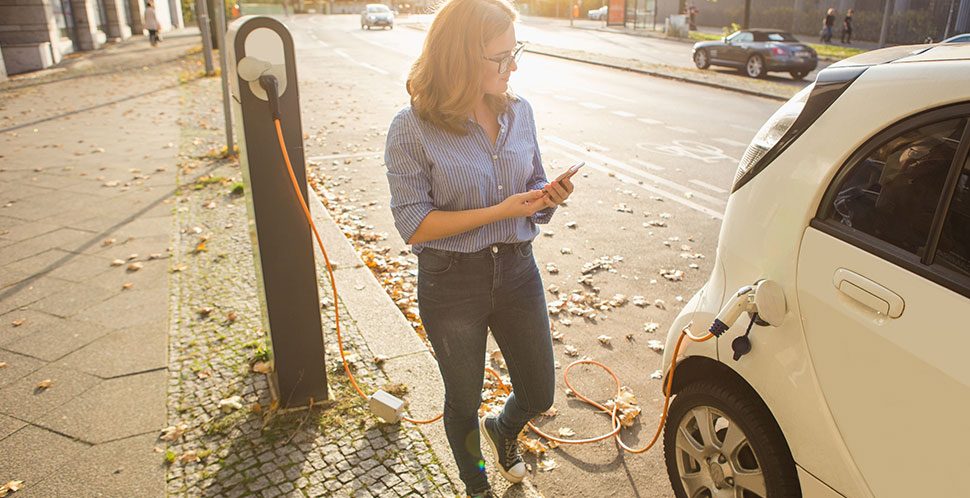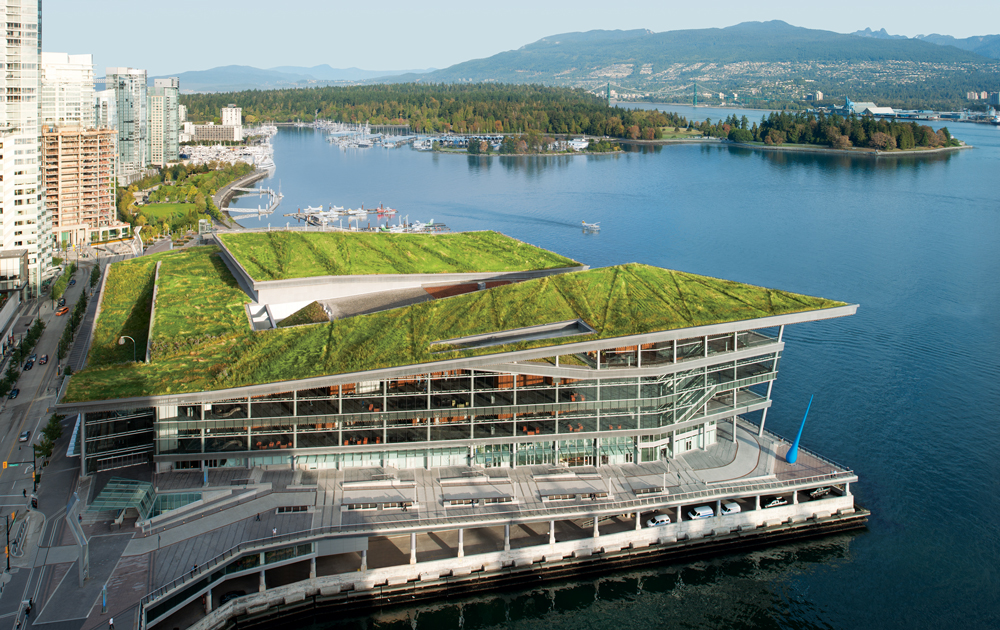Vancouver businesses and residents are naturally inclined towards maintaining a clean city – after all, the coastal destination is renowned for its natural assets, including over 230 parks, nine beaches and 22 kilometres of walkable waterfront. This passion for clean living and working has inspired initiatives such as the Renewable City Strategy, which promises to derive 100 percent energy use from renewable sources by 2050, and Zero Waste 2040, which outlines a plan to achieve zero waste by 2040. With businesses, individuals and government uniting to build a cleaner, more sustainably minded city, it’s no wonder Vancouver’s clean industries (and clean jobs) are rapidly expanding.
In Vancouver, our close connection to the outdoors provides a unique competitive advantage in a world struggling to deal with environmental issues. Building on the City of Vancouver’s greenest city goals of 2010-2020, the Climate Emergency Action Plan (CEAP) seeks to cut carbon pollution from two major sources: vehicles and buildings. Following CEAP’s finalization, Vancouver Economic Commission introduced the Zero Emissions Economic Transition Plan (ZEETAP), a three-year strategy to help workers and businesses navigate the transition to a net-zero economy.
Clean city technology
Vancouver is at the forefront of cleantech innovation, housing one of the world’s top cleantech clusters. Seventy-five percent of the 230+ cleantech companies in BC are based in Metro Vancouver, employing more than 4,750 people. The city is also home to the world’s largest hydrogen and fuel cell industry, with 16 percent global market share.
Concern for the environment motivates Vancouver’s entrepreneurs to produce clean technology with worldwide demand. Homegrown companies such as Westport Fuel Systems (clean-burning alternative fuels), Ballard (hydrogen fuel cells) and Saltworks (advanced water treatment solutions) are leaders in their field. Companies with big commercial potential include Portable Electric (portable renewable energy systems), Nano-lit (lighting systems that replicate the benefits of sunlight) and Enterra (sustainable animal feed and fertilizer). There are also programs like Project Greenlight, which forges partnerships between major enterprises – including transit authorities, energy providers and municipalities – and innovators whose clean solutions support decarbonization, optimize asset performance, and accelerate smart and sustainable transformation.

